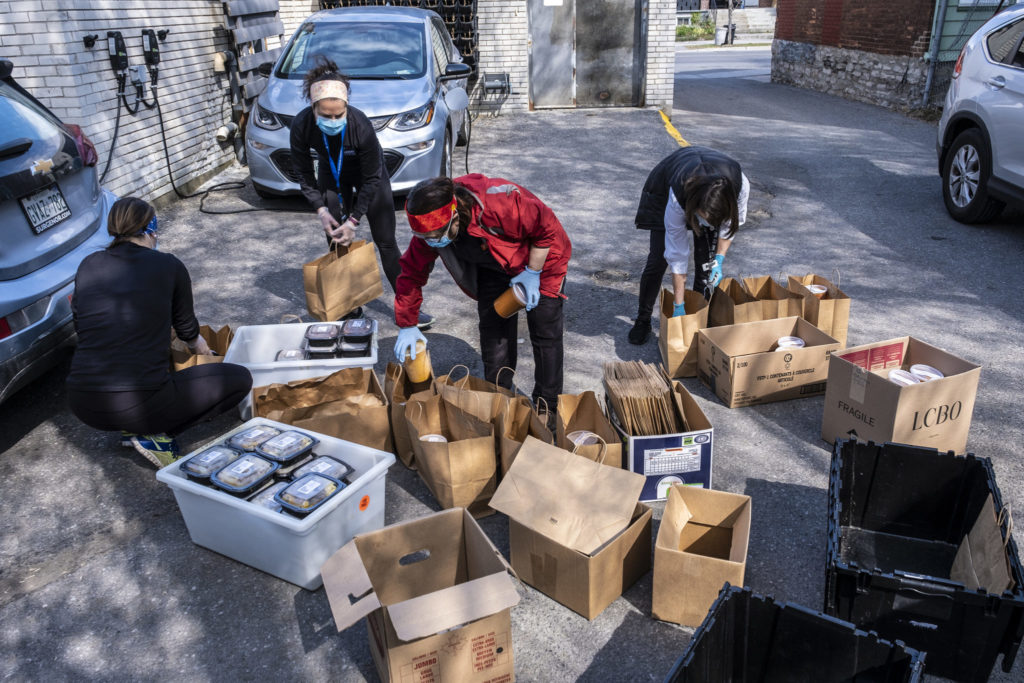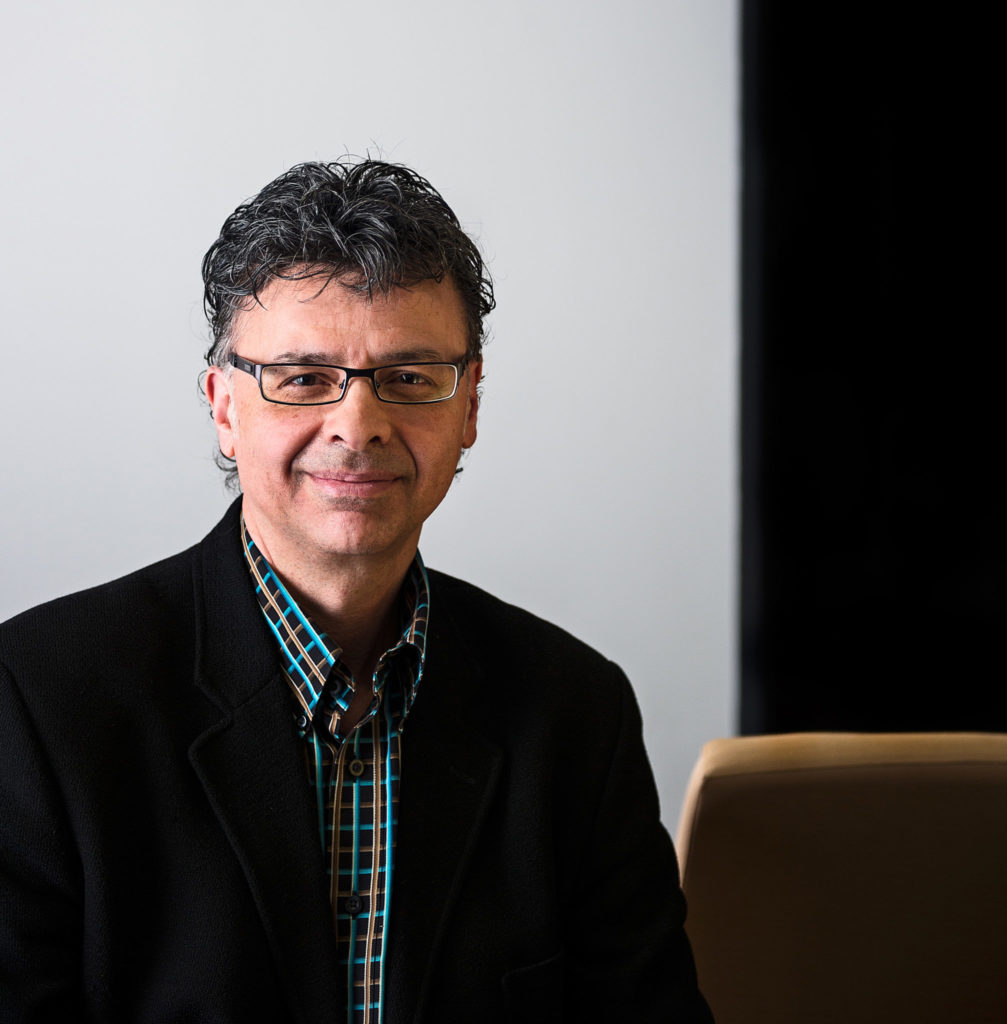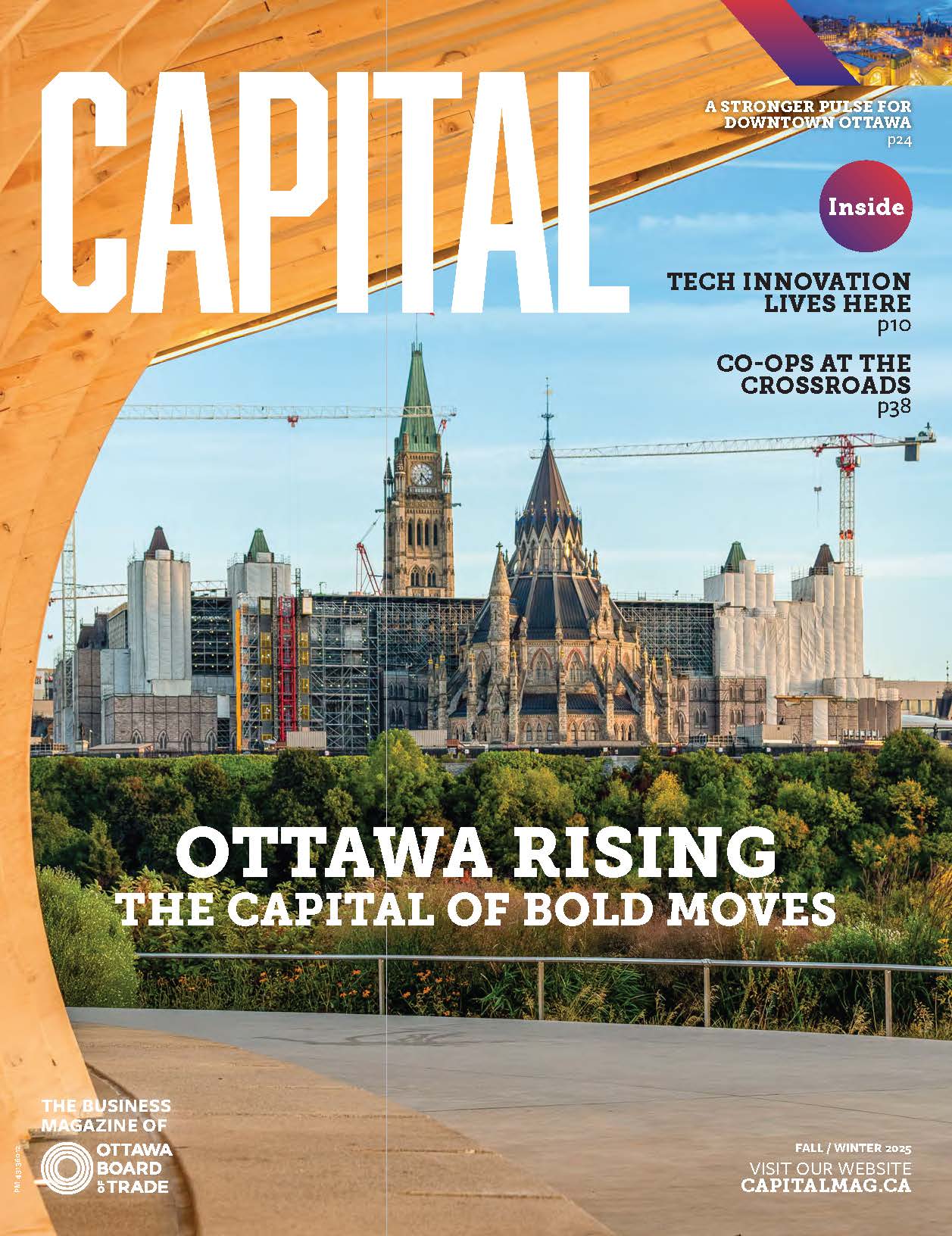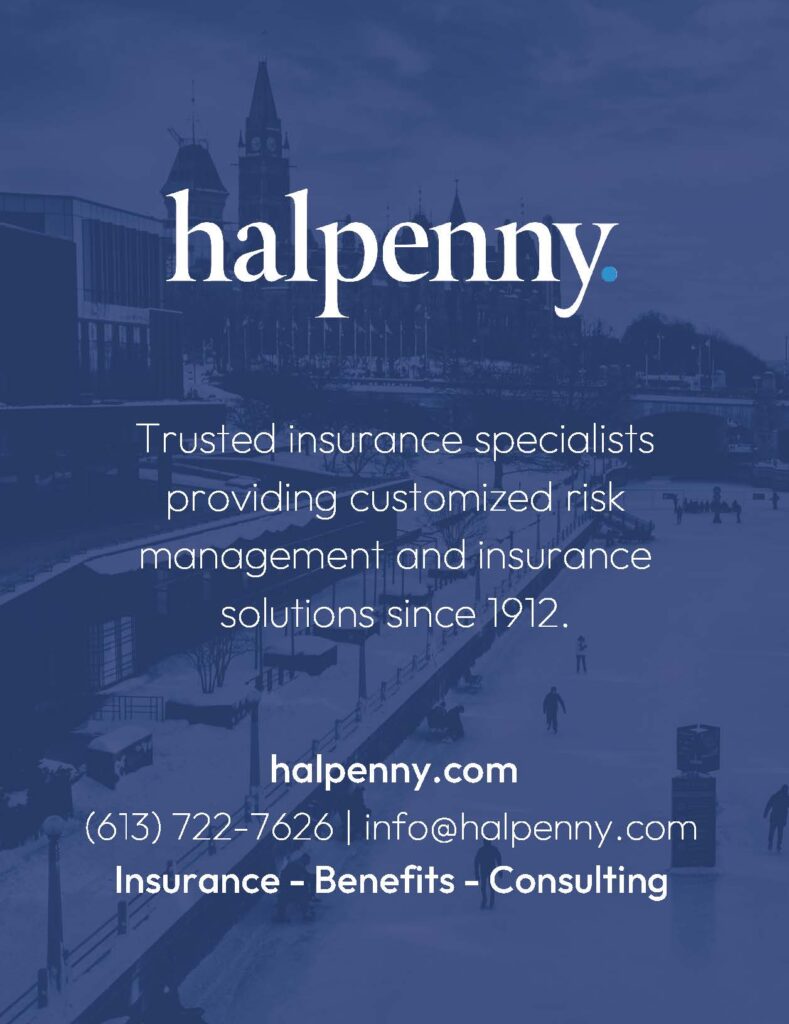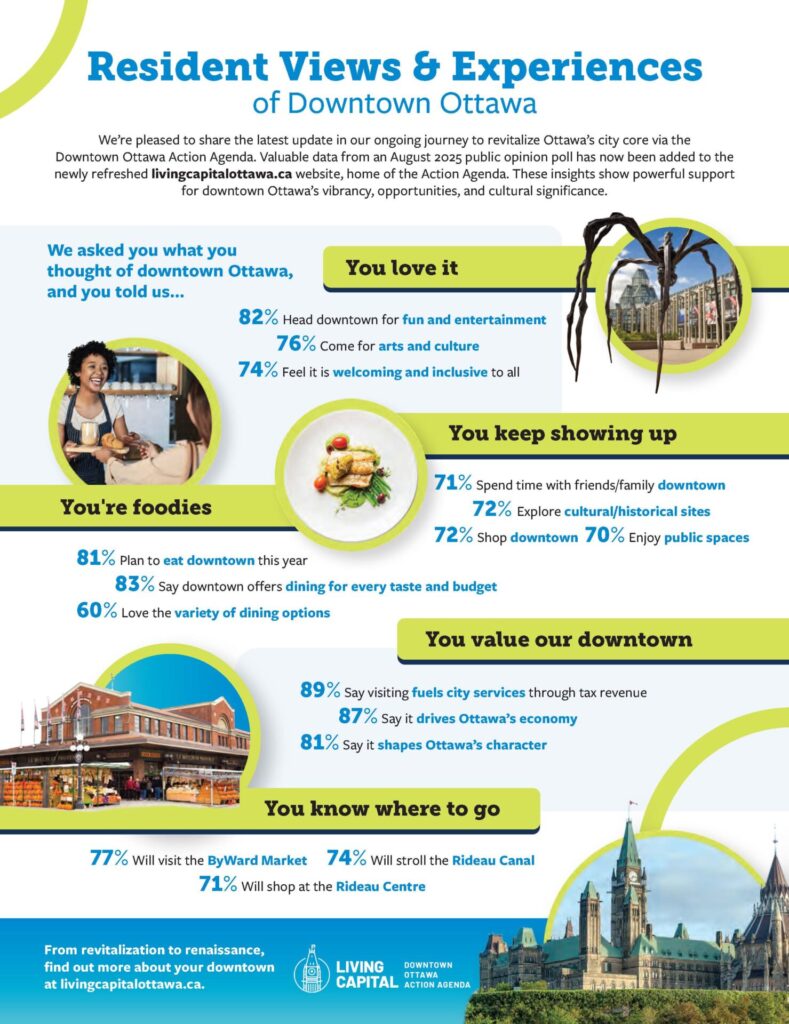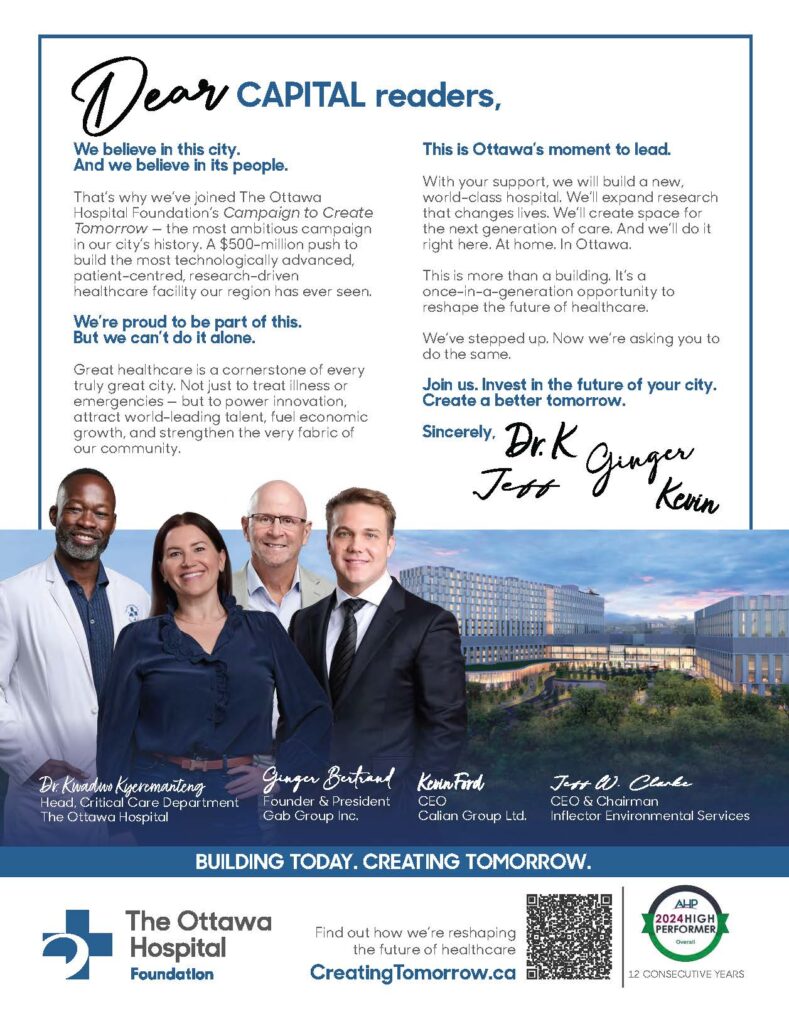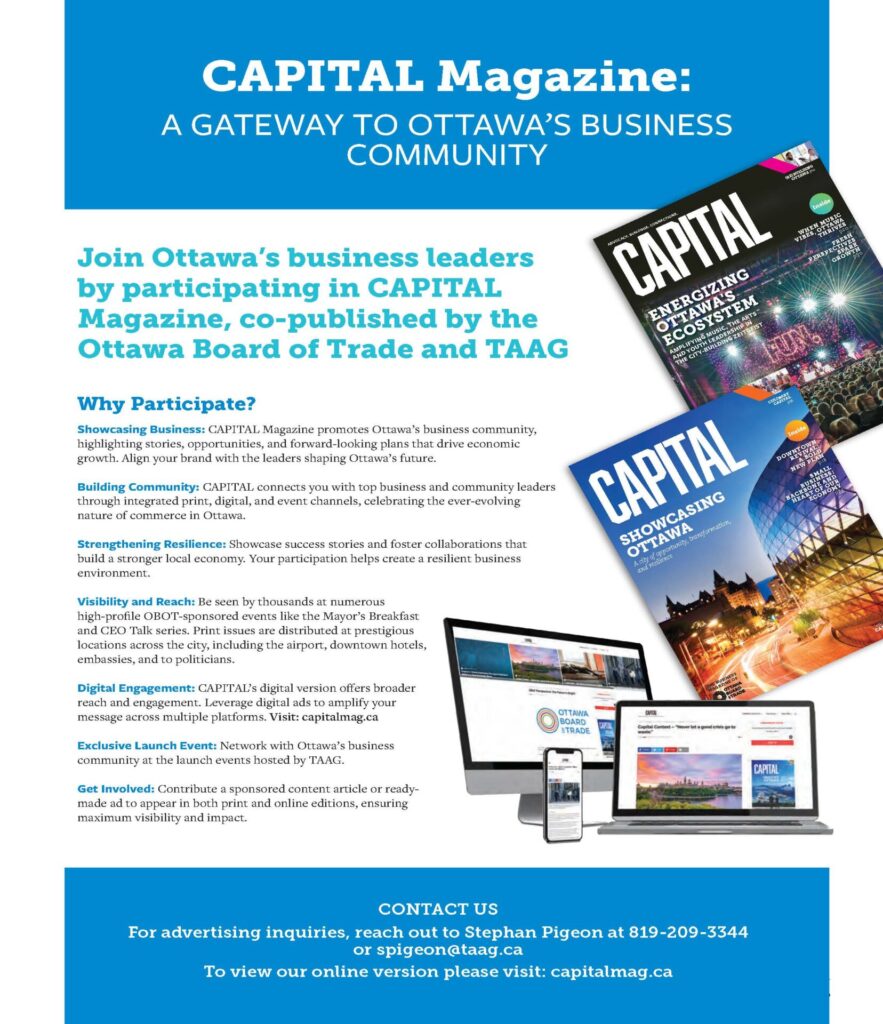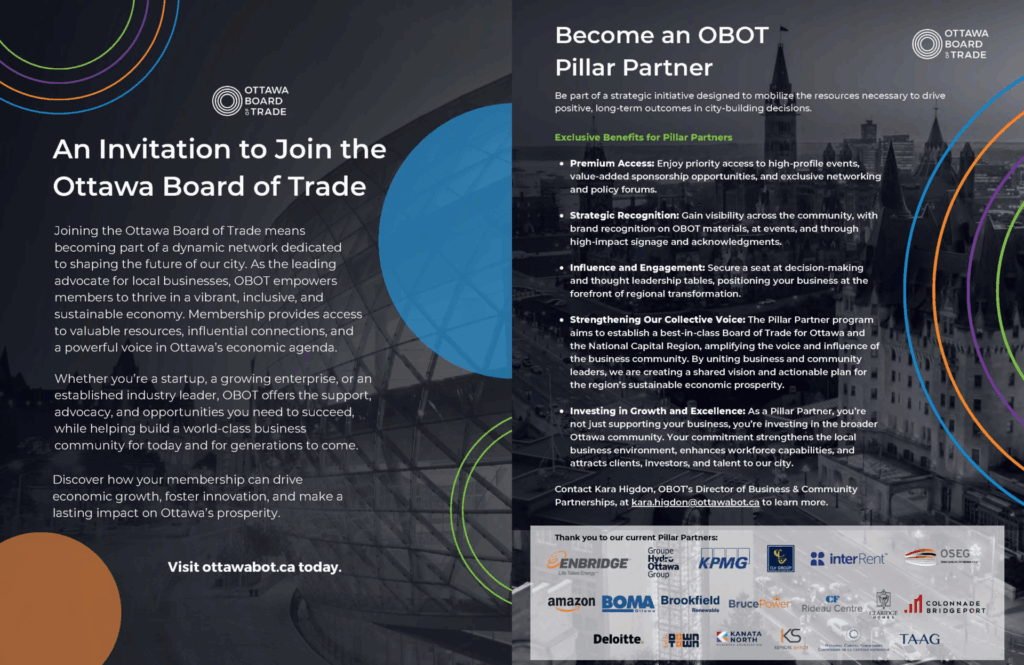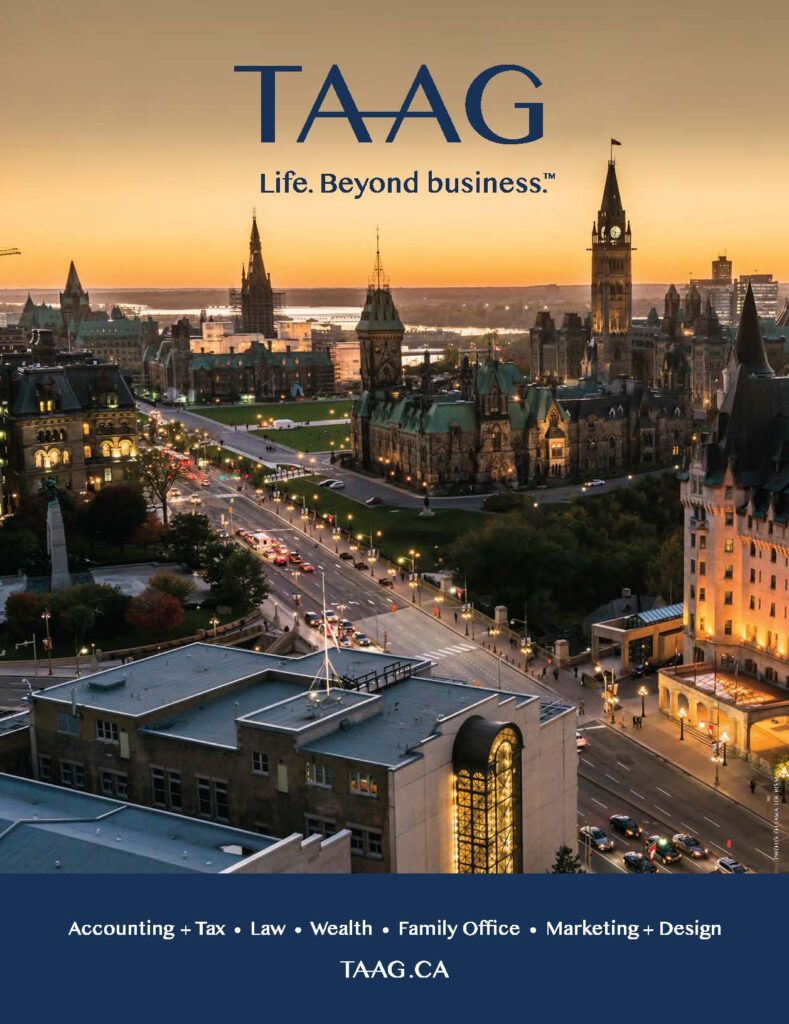Philanthropy’s Leadership Role for a Thoughtful Recovery
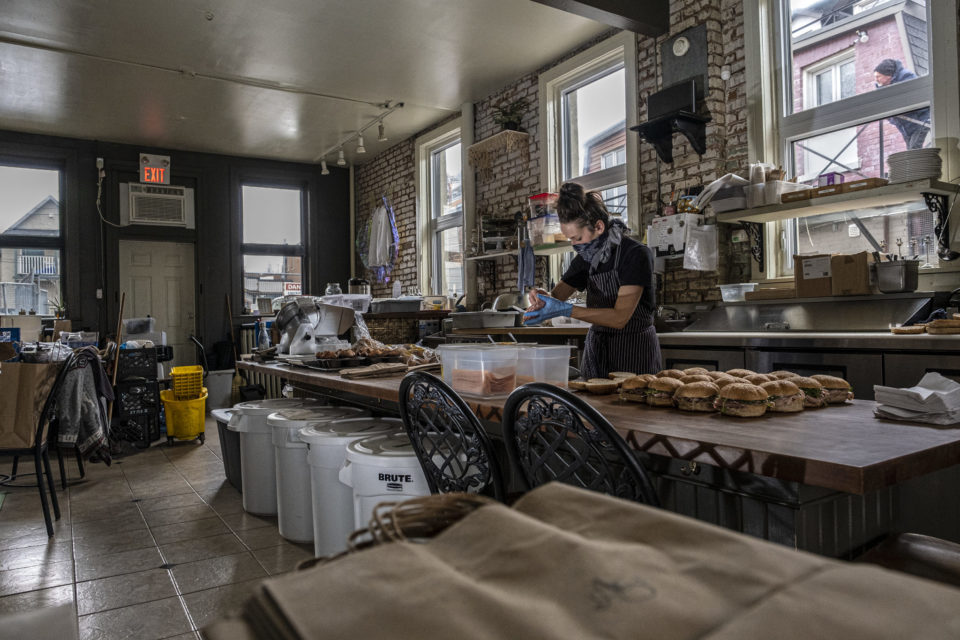
Cooking for a Cause. Photo by Jeff Radbourne
The Ottawa Community Foundation (OCF) is expanding the way we think of philanthropy. COVID-19 has shown that no single organization or even sector can solve complex issues facing our city alone. The OCF believes that philanthropy–beyond plugging holes left by funding gaps–can play a unique and leading role in the recovery by building partnerships across sectors.
When the pandemic first hit, the OCF responded quickly. The Foundation granted close to $5 million, including delivering additional funding through the Government of Canada’s Emergency Community Support Fund. This effort reached about 200 organizations that serve tens of thousands of people in the community.
“We launched our Rapid Response Fund to provide critical assistance to front line agencies serving those disproportionately affected by the pandemic. Thanks to the remarkable generosity of current and new donors, we were able to support a range of needs,” says Marco Pagani, the OCF’s President and Chief Executive Officer.
The organization understood a rapid response was not enough. “We needed an approach that facilitated a thoughtful recovery,” shares Pagani. “To inform our decisions, we gather intelligence from community agencies, find where the fault lines are at a systemic level, and then invest in rebuilding our social infrastructure with partners across the public, private, and philanthropic sectors,” he explains.
Pagani cites the example of the Ottawa Community Food Partnership (OCFP). Led by Parkdale Food Centre, OCFP addressed food insecurity by working with local restaurateurs and caterers affected by lockdown measures to prepare and deliver fresh and frozen meals for those in need.
“As a result of these partnerships OCFP is now contributing to research on new approaches and relationships developed during the lockdown period to improve food distribution. This was an example of OCF coordinating pieces and partners in a complex food system during a time of need,” he says.
OCF looks to the community sector as a source of innovation, even during the disruptions of COVID-19.
“We saw an unprecedented level of ingenuity in the way our sector responded to evolving needs. We don’t talk about the social sector in this way, but I believe these are some of the best entrepreneurs in our city. I’m inspired by their desire to reimagine their role, scale their response, and deepen their impact,” Pagani says.
“I believe we can address immediate needs during the pandemic while also developing new partnerships that create lasting change. This is vital if we want to have a meaningful, thoughtful recovery,” he adds.
Pagani brings vast business experience to the organization, including leading billion-dollar companies in the high-tech sector to supporting VCs and start-ups. He also knows the not-for-profit sector after serving on the boards of local charities and being a long-time volunteer at the Ottawa Food Bank.
“The Ottawa Community Foundation has earned a strong reputation for its excellence in endowment management, donor engagement and its grants program. Six years ago, I took on the role of CEO with the goal of taking us to the next level. To me, that means moving the needle on deeply rooted and interconnected issues like food security, housing, and inequality,” he says.
For example, the OCF is incubating the Ottawa Climate Action Fund (OCAF), whose role is to align carbon reduction with community benefit through capacity and investment opportunities. Launching with a $22 million contribution from the Federation of Canadian Municipalities via the Government of Canada, OCAF is an exciting example of how philanthropy can play a leadership role in bringing partners together to strengthen resilience in our region. The Fund is currently exploring how it can make the biggest impact.
“Whether it’s residential energy efficiency, intensification, or renewables, we’ll need investors and project partners to support low-carbon solutions for long-term sustainability,” says Pagani.
He stresses the importance of viewing philanthropy not as a secondary afterthought, but rather as a leading partner along with the public and private sectors. “Philanthropy is informed by deep knowledge of our community’s lived experiences. These perspectives are invaluable to our long-term recovery,” he elaborates.
“As I look ahead to OCF’s role, I know that philanthropy, on its own, isn’t enough. On many issues, the cost of the challenges far outstrips the funds available. No one group can lead the recovery alone. None have all the resources nor ideas, but together we do. We can collectively reimagine systems that have perpetuated inequity,” Pagani stresses.
Any person or organization that wishes to engage in a philanthropic journey to support a thoughtful recovery should consider the Ottawa Community Foundation as an excellent place to start. “Our goal is to be a most trusted partner to fulfil impact philanthropy and deliver positive, systemic, and sustainable change,” says Pagani.
